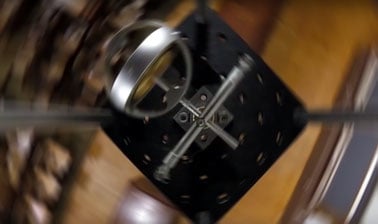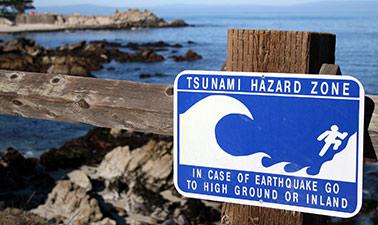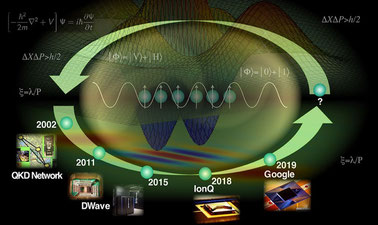The online quantity of motion simulations on this page will help you to deepen your understanding of this important physics concept and to study and understand the law of conservation of quantity of motion.
The quantity of motion, also known as momentum, is a physical vector quantity used to describe the motion of an object in relation to its mass and velocity. The concept of quantity of motion is fundamental in physics and is calculated by multiplying the mass (m) of the object by its velocity (v).
Quantity of motion (p) = mass (m) * velocity (v)
A direct consequence of Newton’s third law (action – reaction) is the law of conservation of the quantity of motion which states that the total quantity of motion of an isolated system remains constant unless acted upon by external forces. Therefore, in an isolated system, if there are no external forces acting on the objects, the total amount of motion before an event will be equal to the total amount of motion after that event.
The law of conservation of the quantity of motion is especially useful in situations where several objects interact, such as collisions or explosions. In these cases, equations based on the conservation of the quantity of motion can be used to determine the final velocities of the objects after the event.
Explore the exciting STEM world with our free, online simulations and accompanying companion courses! With them you'll be able to experience and learn hands-on. Take this opportunity to immerse yourself in virtual experiences while advancing your education - awaken your scientific curiosity and discover all that the STEM world has to offer!
- Momentum
- Rocket
Quantity of Motion (Momentum)
The quantity of motion (momentum) of an object is the product of mass times velocity. Is the amount of motion a scalar or vector quantity?
Physics courses


AP® Physics 1 – Part 1: Linear Motion



Pre-University Physics



Circuits for Beginners



AP® Physics 1



Mechanics, Part 2



Mechanics, Part 1



Dynamics and Control

Other courses


Remote Sensing of Wildfires



Digital Biomaterials



Tsunamis and Storm Surges: Introduction to Coastal Disasters



The History of Ancient Environments, Climate, and Life



Biorefinery: From Biomass to Building Blocks of Biobased Products



Hypersonics – from Shock Waves to Scramjets



Critical Raw Materials: Managing Resources for a Sustainable Future



Introduction to Quantum Science & Technology


















